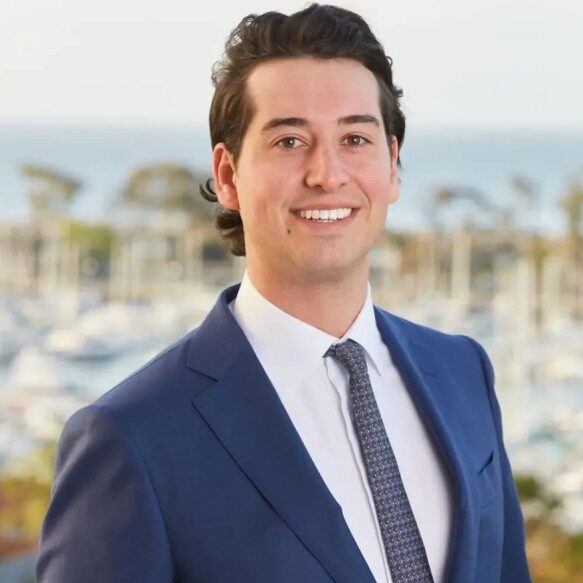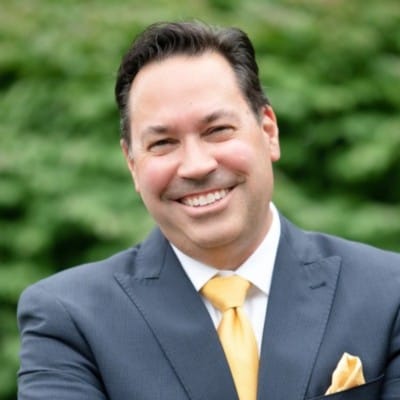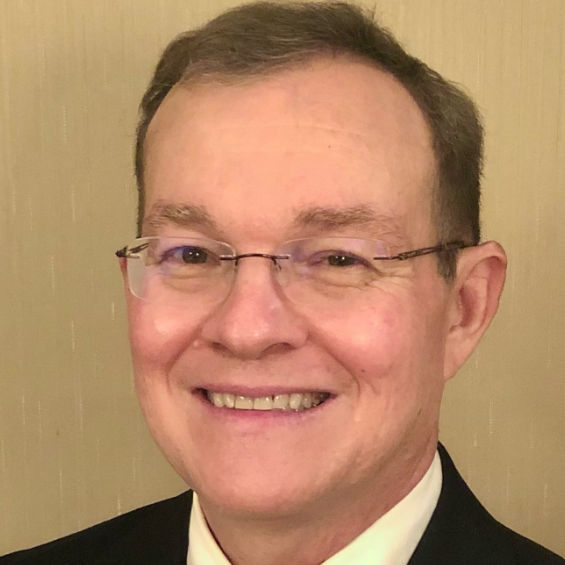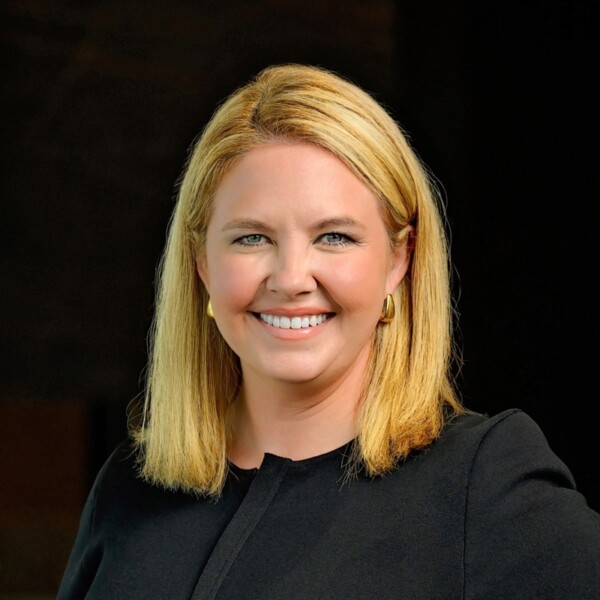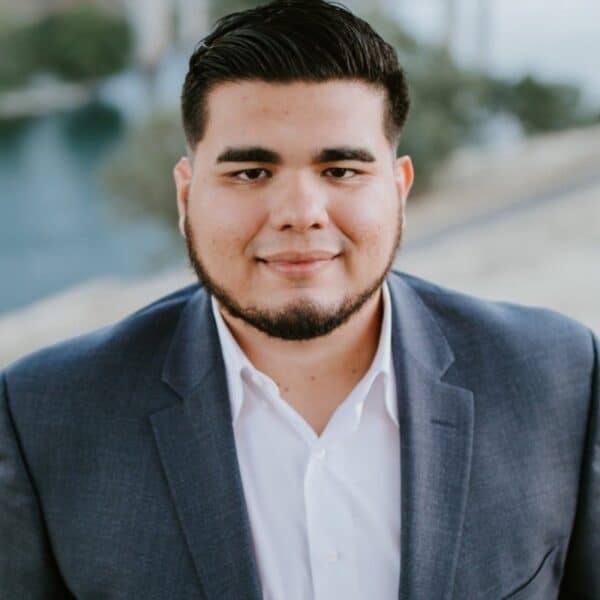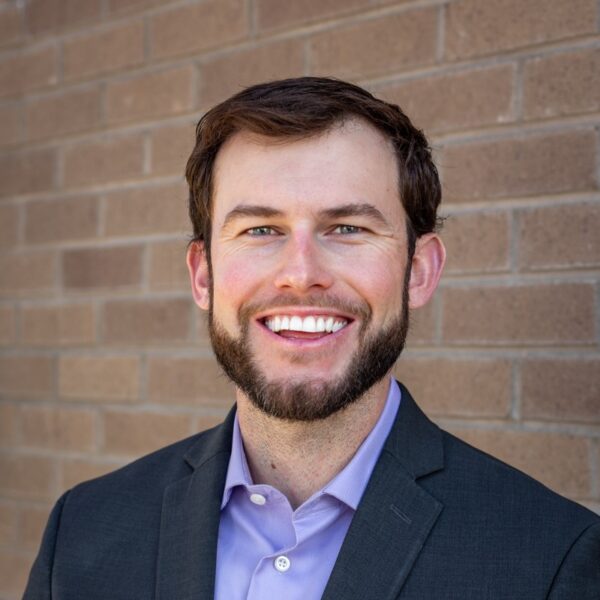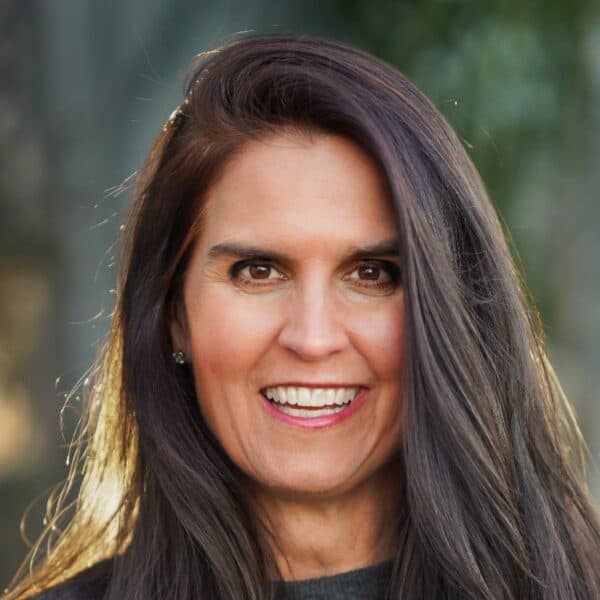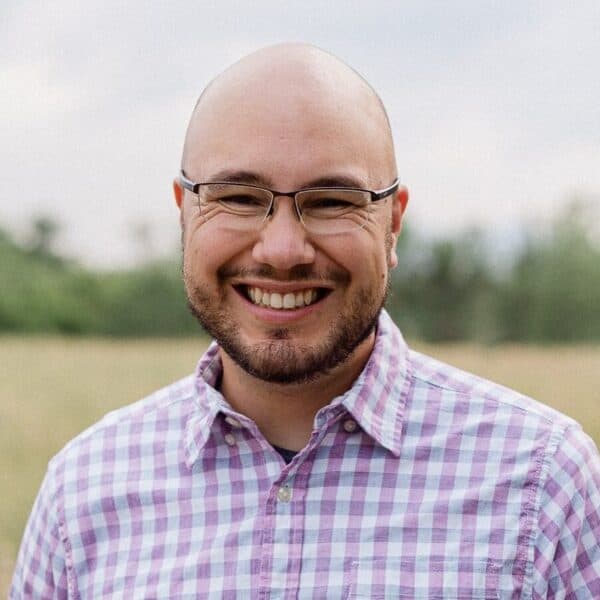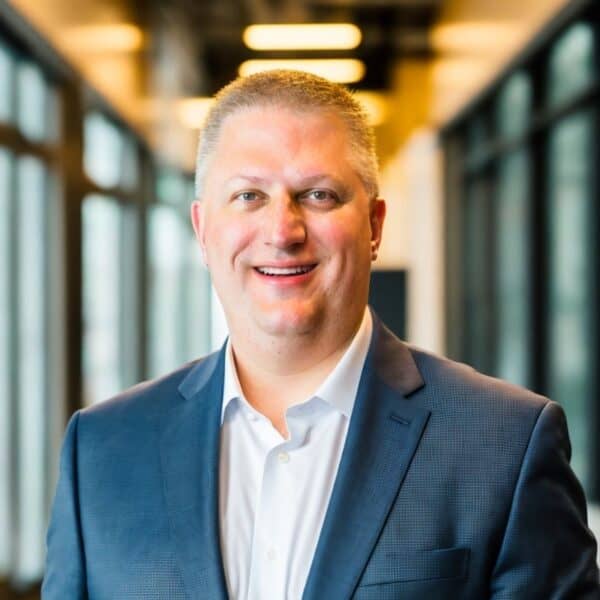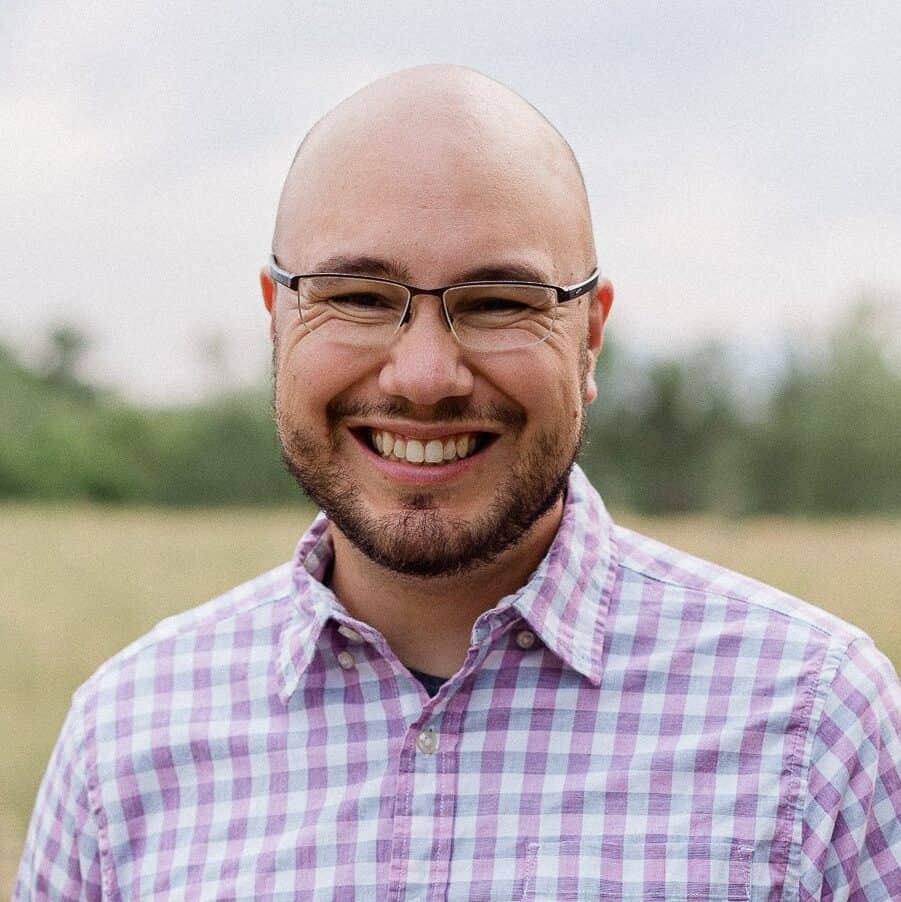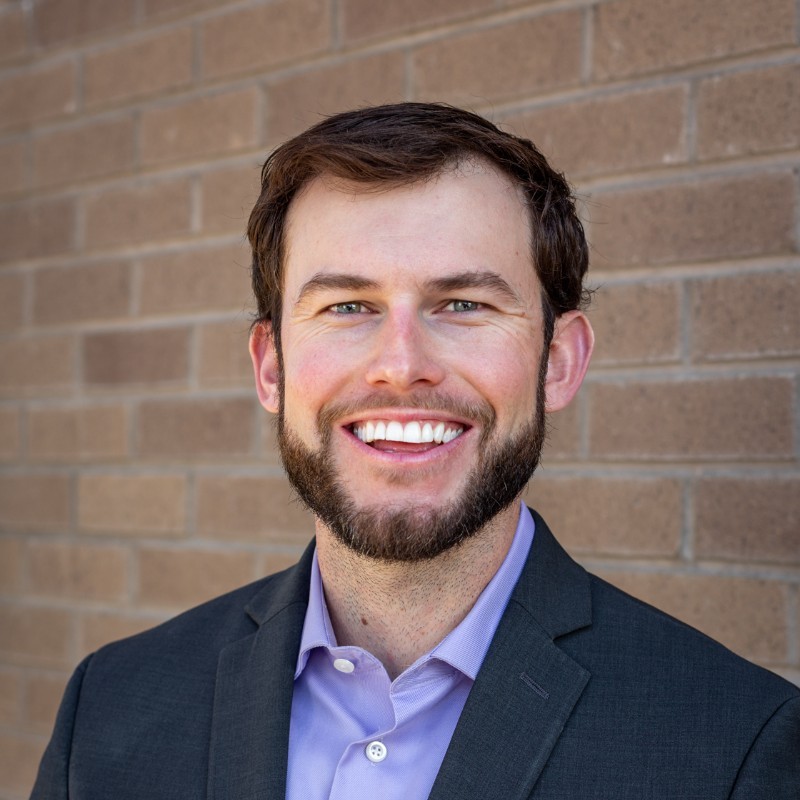
Are you an engineer? A financial advisor who understands the unique needs of engineers can help you make smarter money moves throughout your career.
In today’s fast-paced world, engineers are the masterminds behind many cutting-edge innovations. But with their attention to detail and responsibilities that tend to consume considerable bandwidth of their daily routine, one crucial area in the lives of engineers often gets overlooked: financial planning.
Beyond just crunching numbers or drafting designs, engineers stand to benefit from the expert guidance of a financial planner who understands their unique circumstances.
You’ll likely find dozens of nearby financial advisors well-suited to help you reach your money goals with a personalized plan. But it may be more difficult to find a financial advisor who specializes in serving engineers.
Fortunately, many financial advisors offer virtual services so you can meet online no matter where you (or they) live. This means you can choose to hire a specialist financial advisor who lives hundreds of miles away if you decide their knowledge and experience working with engineers is a better fit to help with your unique financial planning needs.
Table of contents
Get to Know Financial Advisors Who Specialize in Serving Engineers
📍 Click on a pin in the map view below for a preview of financial advisors who specialize in serving engineers and can help you reach your money goals with a personalized plan. Or choose the grid view to search our directory of financial advisors with additional filtering options.
📍Double-click or pinch pins to view more.
Financial Planning for Engineers
💡 In the Q&A below, you’ll gain insights from financial advisors who work with engineers to help them make smart decisions to enjoy life more today while preparing for a comfortable retirement in the future.
🙋♀️ Do you have questions not answered below? Use the form on this page to submit your questions, and we’ll update this article with answers from the financial professionals and educators in the Wealthtender community. You can also contact the financial advisors featured in this article directly to set up an introductory call or ask your questions by email.
Q&A: Financial Advisors Specializing in Serving Engineers
Jump to Q&A Featuring:
Answers to Questions with Kyle Simmons
We asked Kyle Simmons, a financial advisor based in Broomfield, Colorado, to answer questions about financial planning for engineers, given his specialization in this area.
Q: What is a common financial planning challenge unique to engineers you frequently encounter when working with your clients? How do you work with them to overcome this challenge?
Kyle: One challenge that I often see among engineers is risk aversion, which is the tendency to prefer certainty and to avoid possible loss when making decisions. This can lead to several outcomes, but there are two that I see often.
First, it’s not uncommon for engineers to have a desire to change their career path or to outright retire, but unfortunately, they stay at their current job because it may be more stable or is perceived to be less risky than making a change.
Second, once engineers do retire, they often significantly underspend what their portfolio can support.
Most financial planners are happy to support this risk aversion because it makes for more profitable clients, but I find fulfillment in helping people maximize their lives and opportunities. As a former engineer myself, I know that engineers appreciate having another analytical person with them that they trust to talk through possible changes and ultimately make progress towards their goals.
Q: For engineers who are unsure whether or not they should hire a financial advisor at the current point in their lives, what guidance can you provide to help them make a more informed and educated decision?
Kyle: Engineers are smart, capable professionals who usually can manage their own portfolios themselves and many do without issue. Despite this, there are engineers who choose to outsource this part of their lives, and the reason usually falls into one of three buckets:
- They are too busy and would rather focus on their careers and family.
- They have been ignoring their investments but know this realm of their lives is important and needs to be dealt with.
- For whatever reason, they don’t like dealing with money, or money stresses them out. This often happens with first-generation high-income earners.
These are all cases where outsourcing to a financial planner can make sense.
Q: How do the services you offer engineers distinguish your firm from other advisory firms?
Kyle: I tend to focus more on digging into a client’s goals and values and talking about the “why” of their saving, spending, and career. I enjoy working with engineers because we often share a certain way of looking at problems and share similar values, such as a desire to spend more time with family rather than maximizing net worth.
When I get into these deeper conversations with clients, they can benefit from working with a financial planner that’s understands the benefits of working as an engineer as well as the challenges and frustrations. I think this leads to better financial planning outcomes.
Q: When you first speak with an engineer, what questions do you like to ask to better understand their unique circumstances and determine how you can best help them achieve their goals?
Kyle: As part of my meetings with prospects, the number one thing I’m evaluating is what they are looking for in an advisor. It’s important that there is an alignment of values, so I’m very clear up front that I strongly believe that we are not investing to reach a specific net worth number or to just continuously grow wealth, but rather to use money as a tool to reach the client’s personal goals and live a simpler, happier, and less stressful life. I also try to understand how much anxiety they have around money and investments, as this will guide how we approach the financial planning process.
Get to Know Kyle Simmons, Financial Advisor for Engineers:
View Kyle’s profile page on Wealthtender or visit his website to learn more.
Q: For engineers thinking about leaving their current employer to accept a job elsewhere, what actions do you recommend they take before resigning and shortly thereafter?
Kyle: There are the usual things to do, like making sure the new job is in hand and not burning bridges by maintaining professionalism and staying connected with your network. Beyond that, my advice is to always be really clear on the reason you are making the change.
Early in our careers, we are often chasing money and opportunity, but at some point, we need to step back and realize that we’re pretty well paid and life is pretty good. Are we taking the next job only because it’s the natural next step in our career? Or are we doing it because the job will be more interesting, more fulfilling, or a better work environment?
We want to be intentional with how we live our lives. At some point, you have to ask yourself if the additional money is going to actually benefit you and your family or if the job is just going to add to your stress and your account balances.
Q: For engineers approaching retirement age, how do you recommend they prepare to make the transition from living off their salary to relying upon other sources of income?
Kyle: My best advice here is to make sure you are retiring to something, rather than from something. The last thing you want to do is wake up after retirement, having lost your sources of purpose, social standing, community, and structure to your day, and wonder if you made the right decision.
I recommend testing out your plans for retirement either via sabbaticals or part-time work first and easing into the next stage of your life. Again, make sure that you are clear on the reason you are making the change. Ideally, you want that decision to be well thought out and intentional, rather than simply the result of what society’s expectations are for you at a certain age.
Q: Is there a particularly memorable experience or a moment you recall with a client who is an engineer when you first realized they have unique opportunities and circumstances when it comes to their financial planning needs?
Kyle: I remember when I was first thinking about changing my own career from engineering to financial planning, I would interview other financial planners, most of whom would tell me that engineers make horrible clients because “they ask too many questions”.
This was a huge red flag to me because I like asking and answering questions. I also know that engineers trust technical aptitude more than placeholders, such as a suit and tie or a fancy car, so I realized that I might be able to help an underserved market.
Answers to Questions with Ryan Nelson
We asked Ryan Nelson, a financial advisor based in Reno, Nevada, to answer questions about financial planning for engineers, given his education in mechanical engineering and specialization in serving engineers
Q: How does your engineering background benefit your approach to financial planning?
Ryan: My engineering background trained me to think in systems. Every financial decision is part of a larger structure, just like every component of a machine affects the whole design. In practice, that means I integrate investments, taxes, insurance, and estate planning into one cohesive plan rather than treating them as separate pieces.
I also stress-test financial strategies much like engineers test designs against load, wear, or stress. A plan should hold up under both good and bad conditions. Finally, engineers value clear communication, and I bring that into my work by explaining complex strategies with logical frameworks and analogies engineers find relatable. Clients benefit from technical precision combined with empathy for their real-world goals.
Q: What’s unique about retirement planning for engineers?
Ryan: Engineers are problem-solvers by nature. Many have higher-than-average incomes, complex benefits, and stock compensation. This creates tremendous opportunity but also the risk of overconfidence in a do-it-yourself approach. Others fall into analysis paralysis, stuck in spreadsheets without making clear decisions.
A strong retirement plan for engineers balances structure with flexibility. It provides a logical framework, integrates tax and investment strategies, and allows for adaptability as conditions change. Think of it like designing a system with multiple fail-safes: you want clarity, redundancy, and resilience so that even if one part of the system fails, the whole design continues to function smoothly.
Q: How do the services you offer engineers distinguish your firm from other advisory firms?
Ryan: At Alchemy Wealth Management, we specialize in retirement planning and tax-efficient wealth management. Many advisory firms provide general financial planning, but few understand the way engineers think. Our process is analytical, data-driven, and structured, which aligns perfectly with the engineering mindset. We emphasize clarity, efficiency, and precision so clients know exactly how each financial decision impacts their long-term goals. By combining a structured process with tax strategy and retirement planning, we help engineers translate complex financial questions into clear, actionable solutions.
Q: When you first speak with an engineer, what questions do you like to ask?
Ryan: In our initial conversations, I focus on uncovering both the technical and personal sides of their financial lives. I typically ask questions like:
- What do you value most about your career and lifestyle?
- How do you define financial independence?
- What challenges or inefficiencies do you see in your current financial setup?
These questions not only reveal goals and priorities but also highlight the problem-solving mindset most engineers bring. From there, we can design a plan that satisfies both the numbers and the “why” behind them.
Q: What questions do you recommend engineers ask financial advisors?
Ryan: I encourage engineers to evaluate financial advisors the same way they would evaluate a project partner. Some great questions include:
- How do you get paid, and what conflicts of interest should I know about?
- Do you have a repeatable process, and how will I know it’s working?
- What experience do you have with clients in technical or engineering fields?
These questions reveal transparency, alignment, and competence. Engineers are used to solving problems with data and process, and they deserve an advisor who works the same way.
Get to Know Ryan Nelson, Financial Advisor for Engineers:
View Ryan’s profile page on Wealthtender or visit his website to learn more.
Q: Is there anything that comes up frequently in your initial meeting with engineers that surprises you?
Ryan: Yes, one thing I often notice is that engineers underestimate how much progress they have already made toward financial independence. Because they are detail-oriented and tend to focus on potential flaws or inefficiencies, they sometimes overlook the strength of what they have already built. Helping them see the bigger picture, while also tightening up tax and retirement strategies, often gives them tremendous confidence. It is always rewarding to watch that shift from uncertainty to clarity.
Q: What are common financial planning mistakes or blind spots for engineers?
Ryan: Engineers often focus heavily on investments while overlooking equally important areas like tax strategy, insurance, and estate planning. Optimizing only one part of the system leaves vulnerabilities elsewhere, much like over-engineering a single component while neglecting the structure around it.
Other blind spots include lifestyle creep after years of high earnings and an assumption that DIY planning will be sound. True resilience comes from integrating all components into a balanced plan. Engineers who step back and view their finances as a system (not just a portfolio) are better positioned to avoid costly oversights and create sustainable long-term wealth.
Q: As an engineer, can’t I just manage my finances myself instead of hiring a financial planner?
Ryan: Absolutely! Many engineers are capable of managing their own finances. The challenge is that personal finance involves as many moving parts as a complex system design: tax laws, investment choices, healthcare costs, estate planning, and more. Even the most capable designers benefit from a peer review, and that’s what a financial planner provides.
Working with an advisor doesn’t mean giving up control. It means adding a quality-assurance process to ensure the system you’ve built is error-free, efficient, and designed for resilience under real-world stress. You maintain ownership of the vision, while a qualified advisor helps optimize and safeguard the structure so it performs the way you intend.
Q: I’m an engineer about 5–10 years away from retirement. What should I be doing now to prepare?
Ryan: The last decade before retirement is your “final validation phase.” It’s the time to maximize retirement contributions, eliminate high-interest debt, and test-drive your retirement lifestyle by living on your projected income. This ensures your assumptions align with reality.
It’s also the right time to create a tax-efficient withdrawal strategy, evaluate healthcare options, and run detailed retirement projections. Think of it like running final diagnostics before a system launch. By stress-testing your plan now, you can identify weak points early and make adjustments while you still have time to course-correct.
Q: What tax planning strategies should engineers consider for retirement?
Ryan: Tax planning is one of the most overlooked yet powerful tools for engineers nearing retirement. Using a mix of tax-deferred accounts (like 401(k)s and IRAs) alongside Roth accounts provides flexibility when drawing income later. Health Savings Accounts, when available, offer triple tax advantages and can be one of the most efficient vehicles for retirement healthcare costs.
For engineers with equity compensation, coordinating option exercises or RSU sales around income years can help avoid unnecessary tax spikes. Just as engineers optimize systems to minimize waste, tax planning ensures more of your wealth stays working for you instead of being lost to inefficiency.
Q: I have company stock options and RSUs. How should I handle them in my retirement plan?
Ryan: Stock options and RSUs can represent a significant portion of an engineer’s wealth. But concentrated positions carry risk, much like designing a system with no redundancy. The first step is to fully understand your vesting schedules and tax treatment.
From there, diversifying over time reduces risk while still capturing upside. Many engineers find value in spreading sales across multiple years, coordinating with their tax strategy, and reinvesting into a diversified portfolio. The goal is to integrate stock-based wealth into your broader retirement plan so it strengthens the system rather than becoming a single point of failure.
Q: What is a smart investing approach for engineers approaching retirement?
Ryan: Engineers nearing retirement benefit from portfolios that balance growth with stability. Too much risk can derail a plan, while too much conservatism can erode purchasing power. Diversification across asset classes helps maintain balance, much like designing a structure with multiple support systems rather than relying on just one.
Regular rebalancing keeps your portfolio aligned with your goals and risk tolerance. Simplicity and cost-efficiency often outperform complex investment schemes. The focus should be on building a durable structure that supports steady income without unnecessary complexity or fragility.
Q: How can I be sure I won’t run out of money in retirement?
Ryan: A common framework is the 4% rule, but the more reliable approach is to stress-test your retirement plan against different market conditions, inflation rates, and lifespans. Engineers will recognize this as similar to testing a design against multiple load conditions to confirm durability.
Creating redundancy in income streams (investments, Social Security, pensions, or annuities) adds resilience. By modeling multiple scenarios and adjusting as needed, you create confidence that your plan can withstand uncertainty and last throughout your lifetime.
Q: How can engineers build “safety nets” into their financial plans?
Ryan: Just as engineers design safety margins and redundancies into their projects, financial plans should include multiple layers of protection. An emergency fund provides liquidity, insurance policies guard against income shocks, and estate documents ensure clarity and continuity.
These safety nets are rarely exciting, but they are the backbone of resilience. They ensure that one unexpected event does not compromise the entire system, allowing engineers to pursue growth with greater confidence.
Q: Should I pay off my mortgage or other debt early, or invest extra money instead?
Ryan: The tradeoff is between certainty and opportunity. Paying off debt provides a guaranteed return and improved cash flow, which can reduce stress in retirement. Investing offers higher potential returns but also carries risk. For many engineers, a balanced approach works best. By partially paying down debt while continuing to invest, you gain both stability and growth potential. It’s like tuning a design for both efficiency and reliability rather than optimizing for only one.
Are you a financial advisor who specializes in serving engineers?
✅ Join Wealthtender and get featured as a specialist financial advisor based on your knowledge and experience. (Subject to availability and terms.)
✅ Sign up today and join financial advisors attracting their ideal clients on Wealthtender
✅ Or request more information by email:
Resources to Help You Choose a Financial Advisor
✅ Top Questions to Ask a Financial Advisor
✅ How Much Does a Financial Advisor Cost?
🙋♀️ Have Questions About Financial Planning for Engineers?
📰 Browse Related Articles
Are you ready to enjoy life more with less money stress?
Sign up to receive weekly insights from Wealthtender with useful money tips and fresh ideas to help you achieve your financial goals.
About the Author
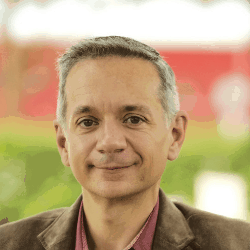
Brian Thorp
Founder and CEO, Wealthtender
Brian and his wife live in Texas, enjoying the diversity of Houston and the vibrancy of Austin.
With over 25 years in the financial services industry, Brian is applying his experience and passion at Wealthtender to help more people enjoy life with less money stress.


